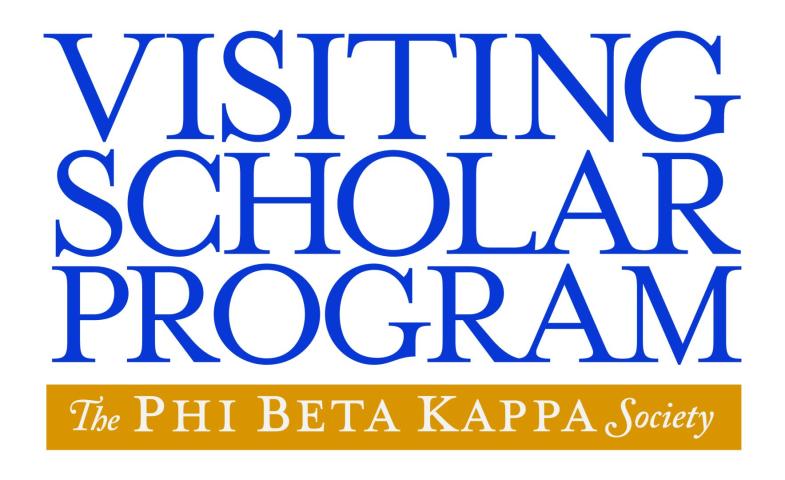-
Oct. 20, 2022
7:30 p.m. - 8:30 p.m.
+ Google CalendarDaugherty-Palmer Commons (DPC)Intended AudienceFacultyStaffStudentsAlumniGeneral public

The Phi Beta Kappa Zeta Chapter of Maryland at St. Mary's College of Maryland is pleased to welcome Visiting Scholar Dr. Wendy Wall, Avalon Professor of the Humanities, Charles Deering McCormick Professor of Teaching Excellence, and Professor of English at Northwestern University.
Professor Wendy Wall researches topics as wide-ranging as Renaissance poetry, recipes, literature and science, women’s writing, digital humanities, gender, authorship, print culture, and theater. She specializes in early modern English literature and culture, with prize-winning books and projects that include Recipes for Thought: Knowledge and Taste in the Early Modern English Kitchen; The Imprint of Gender: Authorship and Publication in the English Renaissance; Staging Domesticity: Household Work and English Identity in Early Modern Drama; and The Pulter Project: Poet in the Making. Professor Wall enjoys engaging in public humanities partnerships with prisons, theaters, and festivals and has served as president of the Shakespeare Association of America, co-editor of Renaissance Drama, and as the McCormick Professor of Teaching Excellence. She is currently at work on a book entitled Revolution, Resurrection, and Dissolution: Hester Pulter and a Reimagined Early Modern World.
We might be surprised to discover that England was one of the most important sites in Europe for recipe collections between 1570 and 1750, and the only country where these books were written specifically for women. English recipes reveal more than the history of puddings and pies: they expose the rich creative, literate, and experimental culture of the early modern English home. This talk explores ways that culinary and medicinal recipe writing wrestled with the metaphysical puzzles at the center of both traditional humanistic and emerging scientific cultures. What counts as knowledge? What is the relationship between art and nature? How do theory and practice connect? Investigating handwritten and published recipes in the context of literary works by Shakespeare and Cavendish allows to appreciate how women across the social spectrum engaged weighty intellectual questions--without ever leaving home.
Sponsor(s)Phi Beta Kappa; the Lecture and Fine Arts Committee; Department of English; Department of History; Women Gender, and Sexuality Studies ProgramJennifer Cognard-Blackjcognard@smcm.edu240-895-4233Lecture
